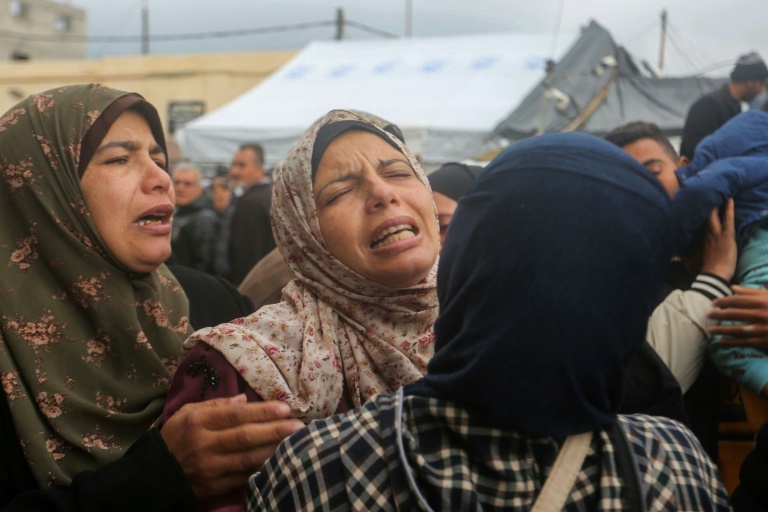The UK has pledged more than £4 million to the sexual and reproductive healthcare system for women and girls in Gaza.
The £4.25 million funding will be put towards the UN and the United Nations Population Fund (UNFPA), the arm of the United Nations that focuses on sexual and reproductive health.
While announcing the funding, the Foreign Office said that the support is expected to reach some 115,000 women – equal to roughly one in five of the adult women in Gaza.
“Women are bearing the brunt of the desperate humanitarian situation in Gaza today. Many thousands of women are currently pregnant and will be worrying about delivering their babies safely,” Foreign Secretary David Cameron said.
As the United Nations estimated that more than 50,000 women in Gaza were pregnant when the fighting began, the money will provide pregnant females with up to 100 community midwives and a staggering 45,000 clean delivery kits.
Maternity aid workers have also reported that more than 180 births have been occurring each day, with more than 5,500 women expected to give birth in March.
The UNFPA note that the clean delivery kits contain basic essentials for birth, including a plastic sheet, a blanket, sterile gloves, soap, a razor blade and an umbilical cord tie.
With 85 per cent of Gaza’s original 2.2 million population displaced, the catastrophic situation has left women particularly vulnerable to disease, pregnancy complications and gender-based violence.
According to the UNFPA, clean delivery kits will also be put towards preventing deadly infections and post-natal injuries.
The financial support is also expected to allow for the distribution of around 20,000 menstrual hygiene management kits, tackling the severe period poverty for menstruating women in Gaza.
Last month, the UNFPA, together with the non-governmental organisation ActionAid, revealed that females in Gaza are witnessing the most severe cases of period poverty.
Affan Chowdhry, who works as a Communications Specialist for the UNFPA, told International Business Times UK many thousand Palestinian females currently “have limited access to menstrual hygiene products in addition to inadequate water, hygiene, access to toilets and privacy”.
The lack of sanitary products and spaces “puts them at risk of reproductive and urinary tract infections and protection-related risks”, Chowdhry added.
“Imagine having to manage your period with no period products, toilet paper or soap, and no chance of being able to wash yourself,” said Riham Jafari, an ActionAid worker in Palestine.
“They are using parts of the tents or fibres. They cut off part of it to use as pads and some of them are using their extra clothes as pads,” Jafari added.
Just 13 out of the 36 hospitals in Gaza have been listed as “partly functional”, including one facility that specialises in maternity.
While announcing the funding package on Sunday, Cameron recognised how “this new UK funding will help make giving birth safer and improve the lives of mothers and their newborn babies” and repeated the government’s backing for an “immediate pause” in the fighting.
“We need to see an immediate pause in the fighting so we can secure the safe release of hostages, get more aid in, and allow organisations like UNFPA to do their vital work effectively,” Cameron said.
The UNFPA funding comes after Israel accused the UN aid agency for Palestinian refugees, the UNRWA, of employing those who are affiliated with the proscribed terror group Hamas.
According to Israel, its military had uncovered a series of evidence that paired several UNRWA employees to Hamas’ on-the-ground massacre and capture of Israelis on October 7.
The UNRWA has since refuted Israel’s claims and has urged donors to resume their funding.
“Unless donors resume funding quickly and in full, the agency says, it could run out of resources by the end of February,” the agency said.







